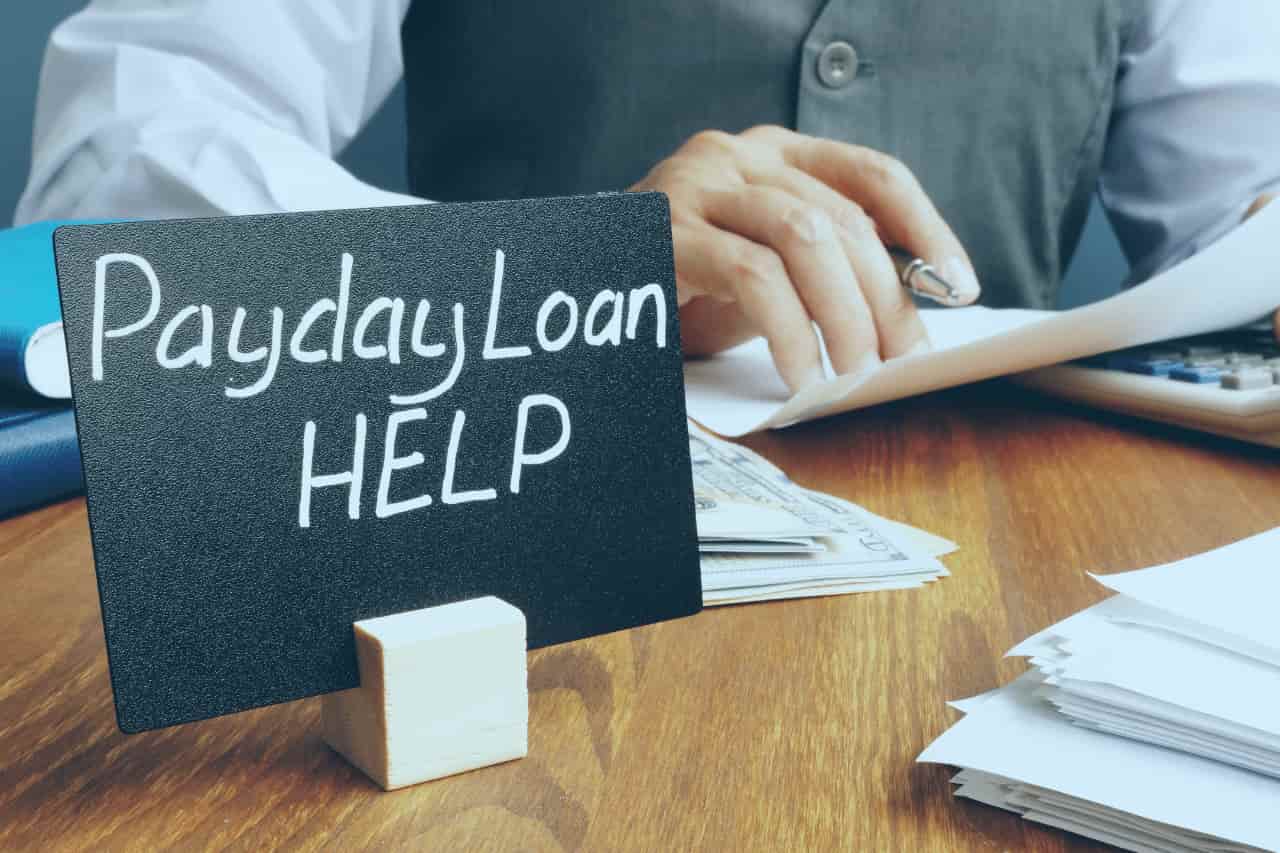Payday Loan
Definition
A payday loan is a type of short-term unsecured personal loan, generally of $500 or less, and typically due on your next payday. The loan amount is based on your income, and you need an active bank account, a valid ID, and proof of income (pay stub) to qualify.
Payday loans are known for having very high-interest rates. Because of this, you should only take out a payday loan if you’re sure you can pay it back.
Also known as: cash advance loans, check advance loans
First Seen 1980’s
How does a payday loan work?
When you request a payday loan, the lender confirms your income with a pay stub, gathers your checking account information and then proceeds to deliver payment of the requested amount.
If the loan is issued at a store, the lender will disburse the cash, and you must leave a postdated check for the loan amount, plus interest. This check is payable on or around your next payday. If you apply for the loan online, the lender deposits the funds electronically and obtains permission to automatically debit your bank, credit union or prepaid card account.
Depending on the lender and the state you live in, if you can’t repay the loan by the next payday, the lender will add a fee, and the cycle repeats. You must contact the lender if you are not able to repay the loan so the lender can renew it. If you don’t, the lender can simply deposit the postdated check, exposing you to possible returned check fees due to insufficient funds.
How do I get a payday loan?
If payday loans are legal in your state (more on that below), you will find no shortage of options. Brick-and-mortar stores aren’t hard to come by, but several online alternatives are also available. To qualify for a payday loan, you must have a verifiable source of income, be at least 18 years old and have an active checking account.
Payday loan interest rates
The interest on a payday loan is usually presented in a dollar amount, ranging from $10 to $30 for every $100 borrowed. While this may seem like a small amount, $10 on a $100 loan for a term of two weeks has a 260.71% annual percentage rate.
Are payday loans legal?
The Consumer Federation of America, a research, advocacy and education organization, has a helpful page detailing the legal status of payday loans by state. According to the organization, 16 states (GA, NY, NJ, AR, NH, MT, CO, SD, AZ, NC, CT, MD, MA, PA, VT and WV) and the District of Columbia have protection for consumers against payday loans. These states either prohibit the product outright or have rate caps that defeat the lender’s business model.
Maine, Oregon and New Mexico permit lower-cost payday lending. However, this should be taken with a grain of salt, as the interest rates among these states range from 154 percent to 261 percent when fees are accounted for. The remaining 31 states allow high-cost payday loans.
In New York, where payday loans are illegal, the Department of Financial Services has described the product as being designed to trap borrowers in debt. Not only are in-person payday loans illegal there, but so are online variants. The state has also banned the collection of payday loan debt.
Efforts to regulate payday loans started in 2017 when the Consumer Financial Protection Bureau introduced rules to protect consumers from payday debt traps.’ These rules became mandatory in June of 2022 and included the following protections:
- confirming a borrower’s ability to repay while meeting basic living expenses and financial obligations,
- implementing a debit attempt cutoff that caps the number of debit attempts at two
- providing written notice before making a debit attempt at an unexpected date or for a different amount.
The FTC has implemented several laws to protect consumers from predatory lending practices. Among the many violations cited are failure to comply with the disclosure requirements of the Truth In Lending Act. The FTC also found that payday lenders have engaged in deceptive advertising and billing practices as well as abusive collection practices.
Alternatives to payday loans
As mentioned above, you shouldn’t take payday loans lightly. They are very risky, and you can double or triple your debt quickly. You should only use payday loans as an absolute last resort when you have no other option. Before going the payday loan route, consider the following:
Payday alternative loans: Available through credit unions, these are similar to payday loans in the loan amount you can be approved for, but have a different fee structure and, most importantly, a longer term. While still a short-term loan, payday alternative loans allow up to six months to repay the funds. To be eligible, you must have been a credit union member for at least a month, and not all credit unions offer this alternative.
Payment plans: If one of the reasons for your financial hardship is existing debt, consider asking your creditors for a payment plan before going into more debt with a payday loan. Many creditors would rather work with their borrowers than go through the process of internal collections and/or selling the debt to a collection agency. This isn’t to say that all creditors will have something in place to help you, but you should check before applying for a payday loan.
Financial counseling: Continuing with this line of thought, if you’re having trouble managing your debt, consider speaking to a credit counselor. Several nonprofit credit counseling agencies can negotiate your debt, often getting better interest rates or lower repayments. Counseling agencies could also provide you with basic personal finance tools to help set you up for success.
Friends and family: While it may be difficult, asking your family and friends for help during a time of financial need is still a better alternative to a payday loan.

